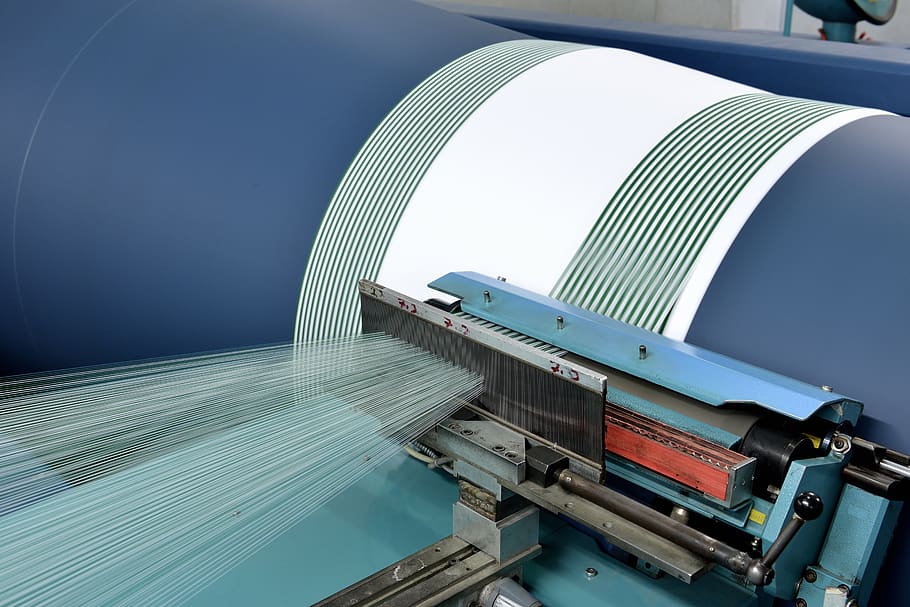In the realm of industrial engineering, evolution is intrinsic to progress. Over time, industries have undergone significant transformations, and the discipline itself has adapted to meet new challenges and seize emerging opportunities. However, in the fast-paced landscape of today’s industries, the concept of reengineering industrial engineering has gained momentum, steering the field toward enhanced efficiency, innovation, and sustainability.
Industrial engineering has historically focused on optimizing processes, systems, and resources to maximize efficiency, productivity, and quality. It has been the bedrock of manufacturing, supply chain management, and various service industries. Traditionally, its methodologies centered around time and motion studies, process optimization, and lean principles to eliminate waste and streamline operations.

In the
contemporary industrial landscape, rapid technological advancements,
globalization, and changing consumer demands have spurred the need for a
paradigm shift. Reengineering industrial engineering involves a holistic
re-evaluation of traditional practices, integrating cutting-edge technologies,
and adopting novel methodologies to stay relevant and competitive.
The
infusion of technology, particularly the rise of Industry 4.0, has
revolutionized industrial engineering. Automation, artificial intelligence,
machine learning, and the Internet of Things (IoT) are redefining manufacturing
and supply chain processes. Predictive analytics and data-driven
decision-making have become fundamental, empowering industrial engineers to
optimize operations in real time and anticipate potential disruptions.
Reengineering
industrial engineering isn’t merely about efficiency—it’s also about
sustainability. As the world grapples with environmental challenges, the field
is increasingly focusing on eco-friendly practices. Concepts like green
manufacturing, circular economy principles, and waste reduction strategies are
integral to redefining industrial processes, ensuring they are not only
efficient but also environmentally responsible.
While
technology is pivotal, the human element remains irreplaceable. Reengineering
industrial engineering involves placing a stronger emphasis on human-centric
design principles and ergonomics. It entails creating work environments that
prioritize employee well-being, safety, and satisfaction, leading to improved
productivity and innovation.
The
evolution and reengineering of industrial engineering are pivotal to driving
industries toward a more efficient, sustainable, and adaptable future.
Embracing technological advancements, integrating sustainable practices, and
fostering a human-centric approach will not only redefine the role of
industrial engineers but also contribute to the overall growth and resilience
of industries in an ever-evolving landscape.
In essence,
reengineering industrial engineering is not a mere evolution—it’s a revolution
that shapes the future of industries, fostering innovation and resilience in an
era defined by rapid change.



Leave a Comment